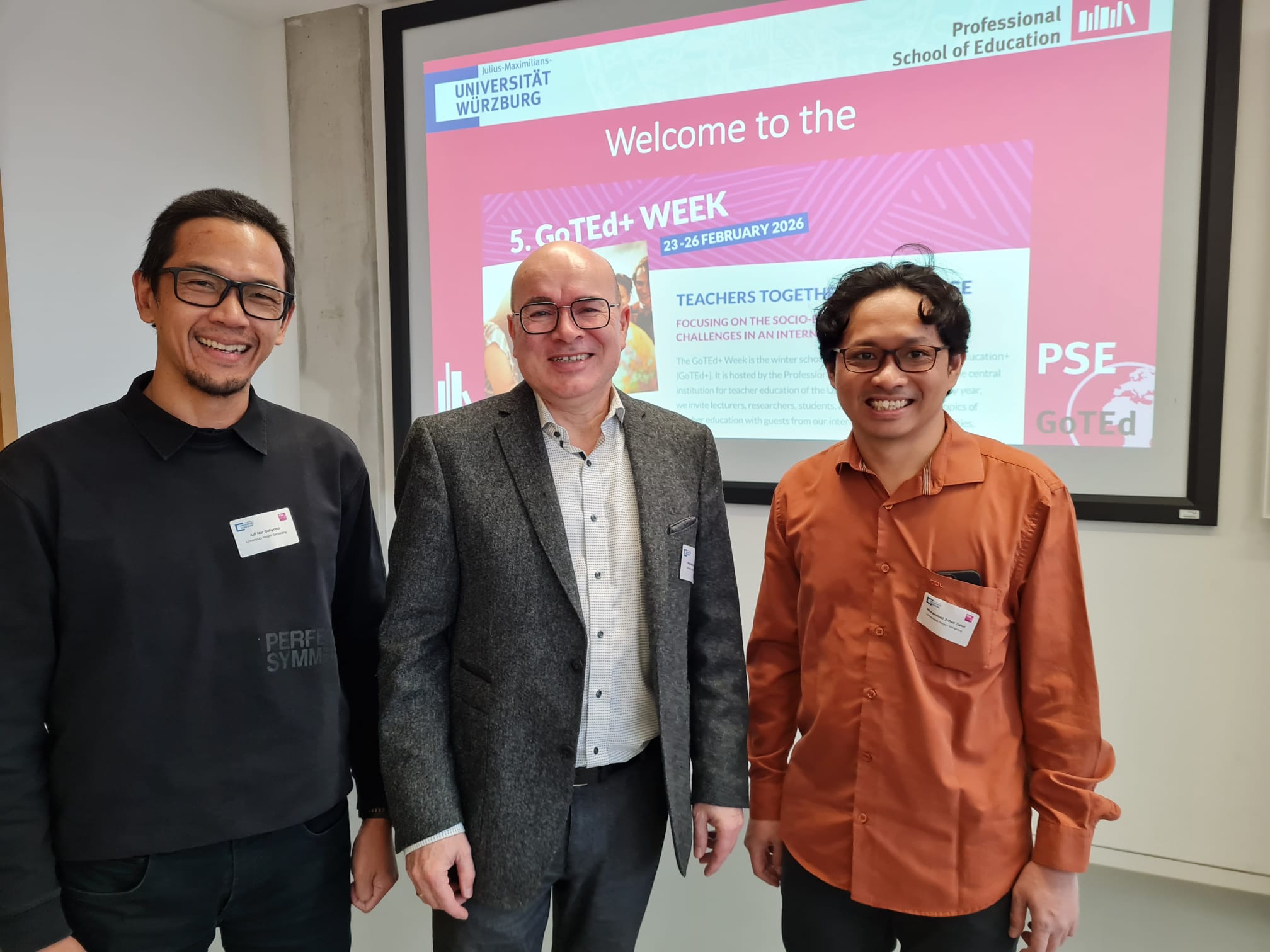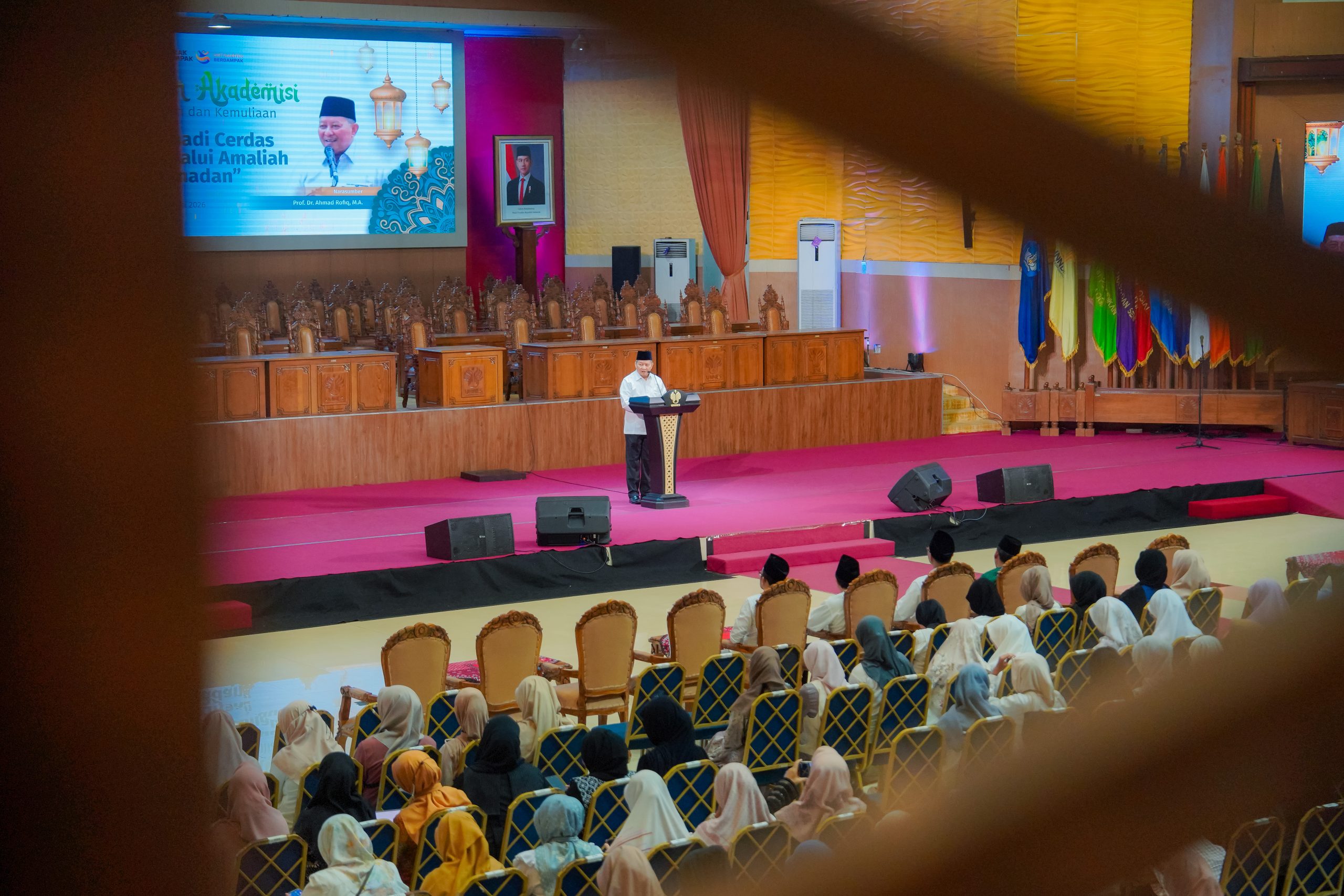Tujuan pendidikan yang utama yakni menghasilkan lulusan yang cerdas dan baik. Cerdas dapat diartikan bahwa lulusan memiliki kemampuan dan keterampilan tertentu. Sedangkan baik dapat diartikan bahwa lulusan memiliki kepribadian atau karakter positif.
Prof Dr Kumaidi MSi Dekan Fakultas Psikologi, Universitas Muhammadiyah Surakarta menyampaikan itu saat menjadi Keynote Speaker pada Seminar Nasional Evaluasi Pendidikan (SNEP) III, Sabtu (31/10) di Program Pascasarjana (PPs) Universitas Negeri Semarang (Unnes) kampus Bendan Ngisor Semarang.
Seminar yang diselenggarakan Program Studi Evaluasi Pendidikan (PEP) PPs Unnes itu mengusung tema “Implementasi Evaluasi karakter bagi Profesionalitas Pebelajaran dalam Pendidikan Berkelanjutan” diikuti 250 orang dari mahasiswa S2 dan S3 Unnes, dosen, Guru, serta pemerhati pendidikan
Dua ciri lulusan itu, lanjut Prof Kumaidi, cerdas dan baik tidak boleh dipisahkan karena sebagai satu kesatuan yang utuh. Lulusan yang cerdas saja tidak diinginkan, demikian pula lulusan yang baik saja juga tidak diinginkan.
“Ini sering dilupakan dan kurang mendapat perhatian dari kita yang menjadi ujung tombak dan pelaku terdepan dari usaha pendidikan nasional,” kata Prof Kumaidi.
Sedangkan, Prof Dr Suwarsih Madya MPd Guru Besar Universitas Negeri Yogyakarta yang juga Pembantu Rektor Bidang Kerjasama ( PR IV) sebagai nara sumber menyampaikan, pembentukan karakter bisa dilakukan lewat pembelajaran tiap mata kuliah yang ada. Awal mulanya karakter (yang baik) akan dipelajari siswa, lalu diulang-ulang dalam memperlajarinya sampai paham dan dimiliki siswa, kemudian membuang karakter yang buruk dari siswa.
Prof Suwarsih juga mengemukakan, pembentukan karakter pada siswa selain dari guru juga peran orang tua. Tantangan yang dihadapi oleh pendidik dalam era digital ini terutama lingkungan diantaranya media massa, TV, dan teknologi informasi seperti internet seringkali sebagai penghambat pembentukan karakter unggul pada siswa.
Sementara itu, Prof Dr H Achmat Slamet Direktur PPs Unnes menyampaikan materi tentang kurikulum 2013 pada tataran SD, SMP, dan SMA.



